
views
The Observer Research Foundation (ORF) is holding the second edition of ‘Tackling Insurgent Ideologies’ conference focusing on ‘Implementing the Christchurch Call: Towards a Global Countering Violent Extremism (CVE) Agenda’ in New Delhi on August 8-9.
The conference will open with a panel discussion on ‘Dangerous Evolutions: Towards a Global Response to Insurgent Ideologies’.
2019 has seen world witnessing three major violent incidents -- Christchurch Mosque shooting in New Zealand; Easter bombings in Sri Lanka and Pulwama suicide attack in India. Responses to each of these attacks highlight the need to revamp and relook narratives surrounding terrorism, sectarian violence and majoritarianism.
These shocking incidents have prompted the world to mobilise an effective response. For instance, The Christchurch Call to Action Summit marks the first-time states and technology companies have attempted to ideate and execute a common and coordinated strategy to eliminate terrorist and violent extremist content online.
Katy Donnelly, Unit Manager, Ministry of Foreign Affairs and Trade, New Zealand; Maj Gen Dharshana Hettiarrachhci, Head of Counter Radicalization, Government of Sri Lanka; Gen RM Daya Ratnayake, Former Commander, Sri Lankan Army; Jessie Lowry Francescon, Director, Dialogue & Communications, Hedayah; Matthew Lawrence, Executive Director, Co-Existence Team, Tony Blair Institute for Global Change; Anshuman Behera, Assistant Professor, National Institute of Advanced Studies; Mariam Wardak, Founder, HER Afghanistan; SM Sahai, additional secretary, National Security Council, Government of India; David Wells, Head of Research and Analysis, UNCTED; Matteo Pugliese Associate Research Fellow, OSCE; Ramiro Martinez, Foreign Affairs Officer, US State Department; Dina Hussein, Public Policy Manager, Facebook; Maulana Mahmood Madani, general secretary, Jamiat E Ulema (Hind); Meenakshi Ganguly, South Asia Director, Human Rights Watch; Haroro Ingram, Senior Research Fellow, George Washington University; Dhruva Jaishankar, Fellow, Foreign Policy Studies, Brookings India; Nooshin Waheed, Chairperson, Maldivian Democracy Network; and Raffaello Pantucci Director of International Studies, RUSI are some of the speakers at the conference.
Priyank Mathur, Founder & CEO, Mythos Lab will be speaking on ‘A Fake New World: How misinformation is Fuelling Violent Extremism’.
Conference curator Maya Mirchandani, ORF fellow and Assistant Professor of Broadcast Journalism and Media Studies at Ashoka University, told News18, “It is important to discuss whether there are common threads in crisis management and lessons to be drawn from the responses of other countries.”
According to her, there is a need to examine the global dialogue on countering ideologies that promote radicalism.
A special focus of the ORF meet is spotlight on South Asia titled ‘New Wave of Radicalisation’, where participants Ahmed S Hashim, Associate Professor, Military Studies Programme, RSIS, Nanyang Technological University, Singapore; Shaheen Afroze, Director Research, Bangladesh Institute of International and Strategic Studies; Shanthie Mariet D’Souza, Founder & President, Mantraya; Stephen Tankel, Associate Professor, American University and Adjunct Senior Fellow, Center for a New American Security and Sushant Sareen, Senior Fellow, ORF will be in conversation with Naghma Sahar, Senior Fellow, ORF .
In South Asia, there is a growing concern over internal and external terror threats in the region and an urgent need for greater cooperation.
An interesting panel discussion is on ‘Toxic Citizenship: When Radicals Come Home’ on the subject of foreign fighters returning home or place of their origin when they are rehabilitated back into society. Radicalization within the prisons and detention centres has alleviated the mushrooming of radical groups. This panel discussion intends to examine the nexus between rehabilitation and radicalization and country experiences in deradicalizing and mainstreaming returning fighters.
ORF’s CVE meet aims to address many issues. A common notion in the mainstream media has been to conflate populism and violent extremism together, but are they one and the same thing? With rising violent attacks in democratic states, the pertinent question emerges whether liberal ecosystem has failed to address the latent anxieties persisting in the society leading to the normalisation of hate. A group discussion will there try to examine if cultural sensitivities prevent governments from acting against violent groups and thoughts.
The violence against Myanmar’s ethnic Rohingya minority has resulted in an exodus. The United Nations and several international observers have likened this massive humanitarian crisis to genocide of a population at the receiving end of state sponsored violence. Despite repeated appeals to Myanmar to stop state action against them, and an appeal to the world community, especially in the South Asia region to accept Rohingya refugees and provide them safe haven, the Myanmar government cites the presence of an armed faction of Rohingya (ARSA) and reports of radicalization of a small section of Rohingya as an excuse to not address the crisis. The CVE meet will focus on the need to help refugees and balance security concerns in the context of the marginalization of a population at the hands of multiples nation states.
The ORF meet also intends to examine the phenomena of fake news and misinformation as a trigger for violence and will seek to discuss how to protect the institutional integrity and a healthy citizen-government relationship in an age when every individual and collective is indulging in digital propaganda.
In June 2018, the first edition of CVE was held in New Delhi where researchers and practitioners had sought to highlight the crucial challenges in preventing and countering violent extremism, and explore the role that India can play in deradicalisation efforts, both domestically and in the region.










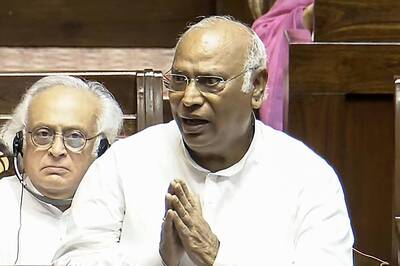
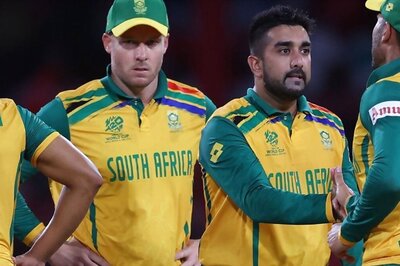
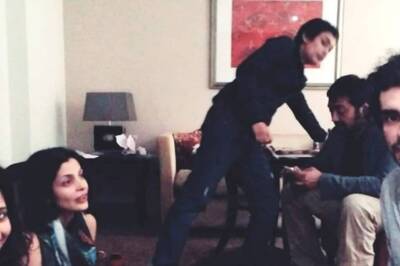

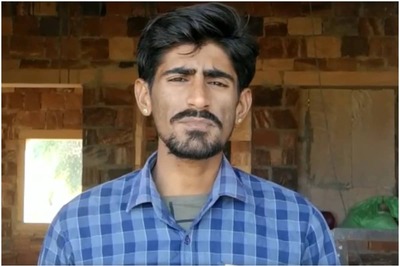
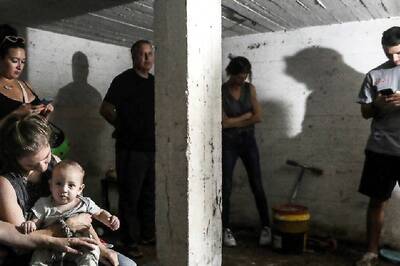

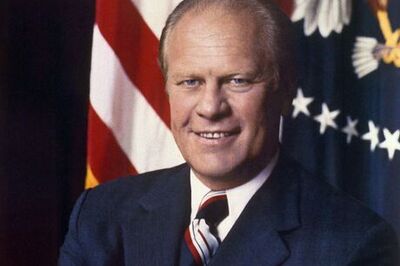


Comments
0 comment